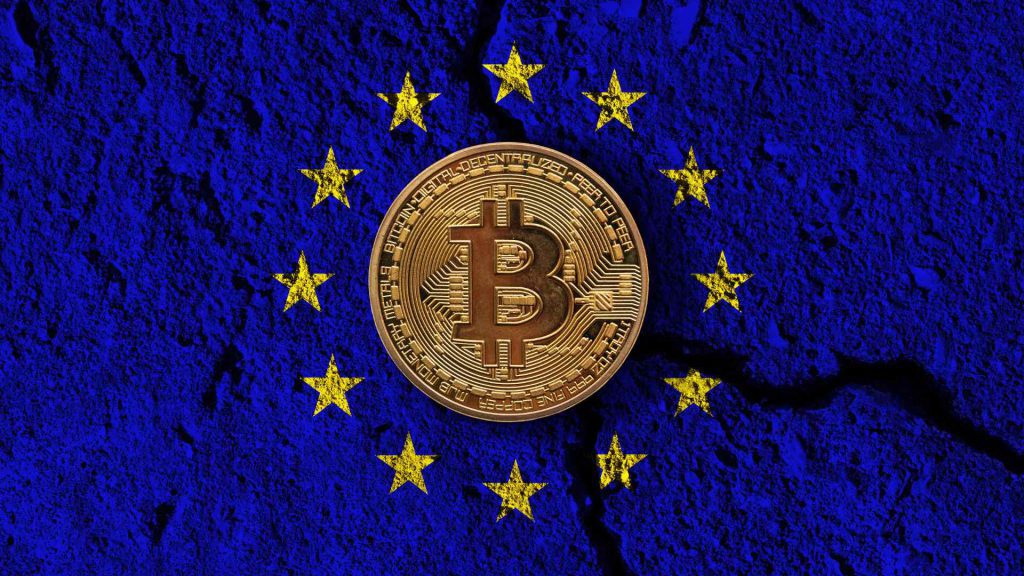After a strong start to the week, Bitcoin and the broader cryptocurrency market are once again facing bearish pressure. The broader cryptocurrency market has corrected 5% losing more than $100 billion in investors’ wealth.
On the other hand, Bitcoin is down 5.27% as of press time and has slipped under $45,000. This is for the first time in the last four days that BTC is trading under $45K.
This reaction in the crypto space comes as the EU Parliament passes new rules calling for the crackdown of unhosted and non-custodial crypto wallets. On Thursday, March 31st, more than 90 lawmakers from the ECON and LIBE committees voted in favor of outlawing anonymous crypto transactions.
This comes as part of expanding the money-laundering rules in the crypto space. Under these new rules, crypto service providers and exchanges will have to mandatorily collect the personal details of individuals transacting more than 1,000 Euros using self-hosted wallets before facilitating the transaction.
The legislators said that these rules seek to identify possible suspicious transactions and block them. Self-hosted wallets are the ones wherein the individual maintains their own private keys instead of relying on other third-party institutions acting as custodians.
Some Lawmakers Have Opposed the Move
EU lawmakers from the European People’s Party (EPP) have opposed this move calling it controversial changes. EPP economic spokesperson, Markus Ferber said:
“We need to take AML risks in crypto seriously, but should not ban unhosted wallets. This would be the equivalent of banning cash — unnecessary and disproportionate!
Such proposals are neither warranted nor proportionate. With this approach of regulating new technologies, the European Union will fall further behind other, more open-minded jurisdictions”.
Furthermore, crypto industry proponents have also lashed out at the proposal. Coinbase CEO Brian Armstrong has called these measures “anti-innovation, anti-privacy, and anti-law enforcement”. He added that the rules disproportionately penalize crypto holders.


